About 6 months ago, my husband and I entered the challenging and unpredictable world of parenting a pre-teen. Long gone are the days of simply brushing his teeth when I ask him to and instead I am greeted with a barrage of questions, arguments and complaints. “There’s just 6 minutes left of this episode, can’t I just watch the rest?” “I can’t come up to eat dinner right now, I’m right in the middle of a video game!” “Can I pleeeeease not go to soccer practice today? My knee hurts.” Couple that with an active and headstrong toddler and you often have two exasperated parents!
In today’s Gospel, Jesus also sounds a bit frustrated as He comes down from the mountain only to encounter a large crowd of people arguing. Their altercations were due to the fact that the disciples weren’t able to perform the requested miracle. Jesus rebukes them for their lack of faith and cures the boy.
While I know my son doesn’t need curing, per se, I do find myself praying frequently for wisdom and patience on how to guide him on the path to sainthood. I ask God to help me to be the parent that my son needs in order to grow and flourish in a healthy way. I recognize my children will not be little for long and that I need a lot of help, since there doesn’t seem to be a reference manual on how to raise a child.
Today’s first reading reminds me that “All wisdom comes from the Lord…The word of God on high is the fountain of wisdom”. It goes on to say that only God can truly understand wisdom yet He has “poured her forth” and “lavished her upon his friends.”
God longs to grant us His good gifts, but just as He alludes to in the Gospel, this can only come through prayer. We have to ask God for His gifts and have the faith that He can and will give them to us. So whether you are dealing with an argumentative teen, a disagreeable coworker or a difficult elderly parent, humbly ask the Lord to pour forth His wisdom, knowing that He longs to lavish it upon you.
Hace unos 6 meses, mi esposo y yo entramos en el desafiante e impredecible mundo de ser padres de un preadolescente. Se quedaron en el pasado los días en que simplemente se cepillaba los dientes cuando se lo pedía y, en cambio, me encuentro con un aluvión de preguntas, argumentos y quejas. “Solo quedan 6 minutos de este episodio, ¿por qué no puedo ver el resto?” “No puedo subir a cenar ahora mismo, ¡estoy en medio de un videojuego!” “¿Por favooooor puedo no ir a la práctica de soccer hoy? Me duele la rodilla”. Si a eso le sumamos una niña pequeña activa y obstinada, ¡a menudo somos dos padres desesperados!
En el Evangelio de hoy, Jesús también suena un poco frustrado cuando baja de la montaña y se encuentra con una gran multitud de personas discutiendo. Sus altercados se debían al hecho de que los discípulos no pudieron realizar el milagro solicitado. Jesús los reprende por su falta de fe y sana al niño.
Aunque reconozco que mi hijo no necesita sanación de ese tipo, sí me encuentro rezando con frecuencia para pedirle a Dios sabiduría y paciencia sobre cómo guiarlo en el camino hacia la santidad. Le pido a Dios que me ayude a ser la madre que mi hijo necesita para crecer y desarrollarse de manera saludable. Reconozco que mis hijos no serán pequeños por mucho tiempo y que necesito mucha ayuda, ya que no parece haber un manual de referencia sobre cómo criar a un niño.
La primera lectura de hoy me recuerda que “Toda sabiduría viene del Señor”. Continúa diciendo que solo Dios puede comprender verdaderamente la sabiduría, pero “la ha derramado” y “la ha derrochado entre aquellos que lo aman”.
Dios anhela concedernos sus buenos dones, pero tal como insinúa en el Evangelio, esto solo puede venir a través de la oración. Tenemos que pedirle a Dios sus dones y tener la fe de que puede darnoslos y de hecho nos los darán. Así que, ya sea que estés lidiando con un adolescente discutidor, un compañero de trabajo desagradable o un padre anciano difícil, pídele humildemente al Señor que derrame Su sabiduría sobre ti, sabiendo que anhela hacerlo.
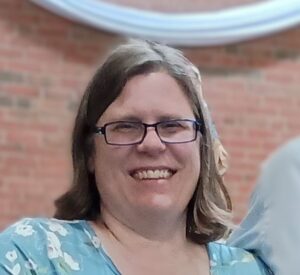 Tami Urcia is a midwestern gal from a large Catholic family. As a young adulthood she was a missionary in Mexico, where she studied theology and philosophy. After returning stateside bilingual, she gained a variety of work experience, traveled extensively and finished her Bachelor’s Degree at Brescia University. She loves organizing and simplifying things, watching her children play sports, deep conversations with close family and friends and finding unique ways to brighten others’ day with Christ’s love. She works full time at Diocesan in the Software Department and manages the Inspiration Daily reflections. She is also a guest blogger on CatholicMom.com and BlessedIsShe.net.
Tami Urcia is a midwestern gal from a large Catholic family. As a young adulthood she was a missionary in Mexico, where she studied theology and philosophy. After returning stateside bilingual, she gained a variety of work experience, traveled extensively and finished her Bachelor’s Degree at Brescia University. She loves organizing and simplifying things, watching her children play sports, deep conversations with close family and friends and finding unique ways to brighten others’ day with Christ’s love. She works full time at Diocesan in the Software Department and manages the Inspiration Daily reflections. She is also a guest blogger on CatholicMom.com and BlessedIsShe.net.
Feature Image Credit: Alex Shute, unsplash.com/photos/a-scrabbled-word-spelling-the-word-w-is-down-on-top-of-a-QnRDKNbKl9k
The views and opinions expressed in the Inspiration Daily blog are solely those of the original authors and contributors. These views and opinions do not necessarily represent those of Diocesan, the Diocesan staff, or other contributors to this blog.


 Pamela Kavanaugh is a grateful wife, mother, and grandmother who has dedicated her professional life to Catholic education. Though she has done her very best to teach her students well in the subjects of language and religion, she knows that she has learned more than she has taught. She lives, teaches, and writes in southwest suburban Chicago.
Pamela Kavanaugh is a grateful wife, mother, and grandmother who has dedicated her professional life to Catholic education. Though she has done her very best to teach her students well in the subjects of language and religion, she knows that she has learned more than she has taught. She lives, teaches, and writes in southwest suburban Chicago.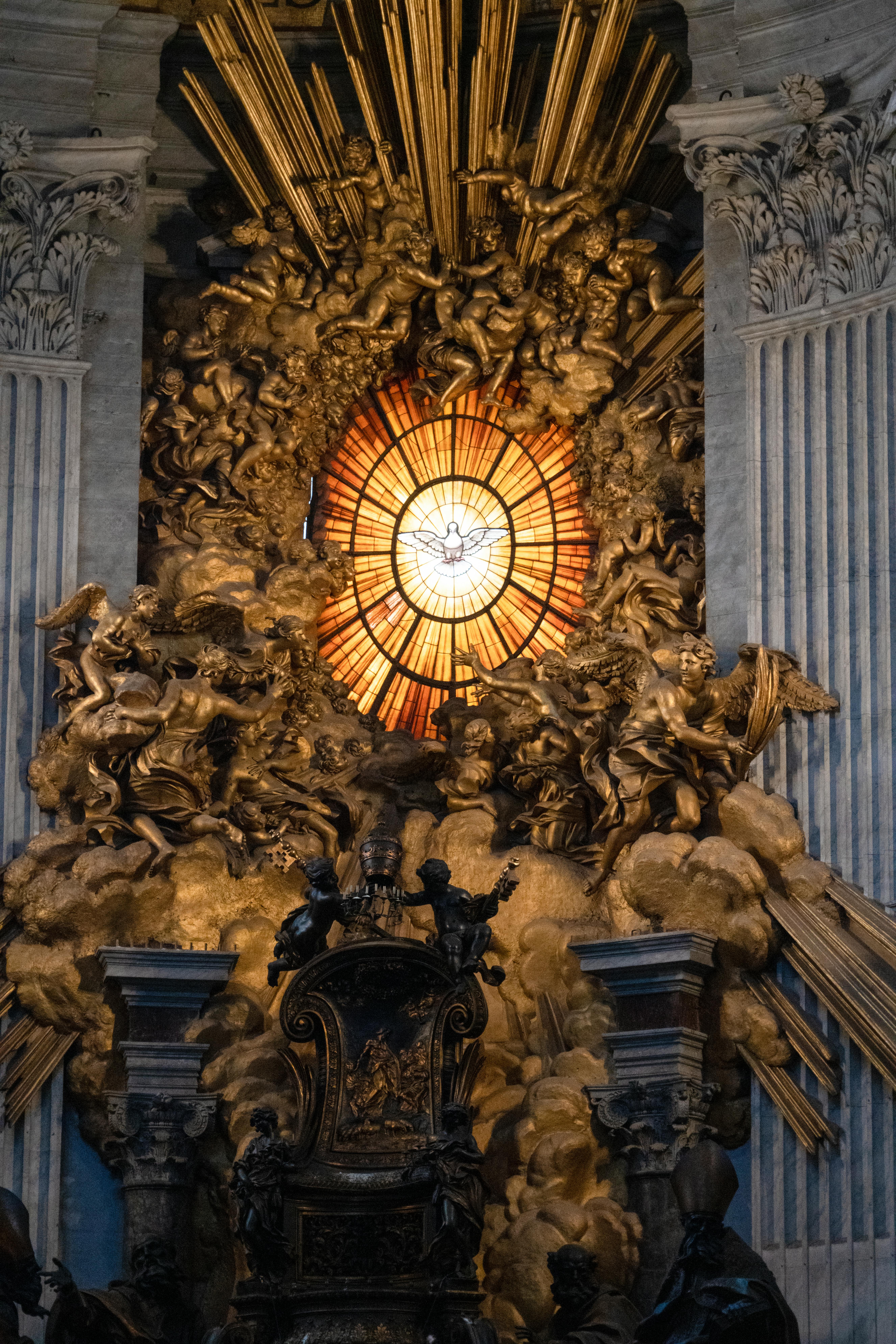
 Kathryn Mulderink, MA, is married to Robert, Station Manager for Holy Family Radio. Together they have seven children (including Father Rob), and eleven grandchildren. She is President of the local community of Secular Discalced Carmelites and has published five books and many articles. Over the last 30 years, she has worked as a teacher, headmistress, catechist, Pastoral Associate, and DRE, and as a writer and voice talent for Catholic Radio. Currently, she serves the Church by writing and speaking, and by collaborating with various parishes and to lead others to encounter Christ and engage their faith. Her website is
Kathryn Mulderink, MA, is married to Robert, Station Manager for Holy Family Radio. Together they have seven children (including Father Rob), and eleven grandchildren. She is President of the local community of Secular Discalced Carmelites and has published five books and many articles. Over the last 30 years, she has worked as a teacher, headmistress, catechist, Pastoral Associate, and DRE, and as a writer and voice talent for Catholic Radio. Currently, she serves the Church by writing and speaking, and by collaborating with various parishes and to lead others to encounter Christ and engage their faith. Her website is 
 Merridith Frediani loves words and is delighted by good sentences. She also loves Lake Michigan, dahlias, the first sip of hot coffee in the morning, millennials, and playing Sheepshead with her husband and three kids. She writes for Catholic Mom, Diocesan.com, and her local Catholic Herald. Her first book Draw Close to Jesus: A Woman’s Guide to Adoration is available at Our Sunday Visitor and Amazon. You can learn more at
Merridith Frediani loves words and is delighted by good sentences. She also loves Lake Michigan, dahlias, the first sip of hot coffee in the morning, millennials, and playing Sheepshead with her husband and three kids. She writes for Catholic Mom, Diocesan.com, and her local Catholic Herald. Her first book Draw Close to Jesus: A Woman’s Guide to Adoration is available at Our Sunday Visitor and Amazon. You can learn more at 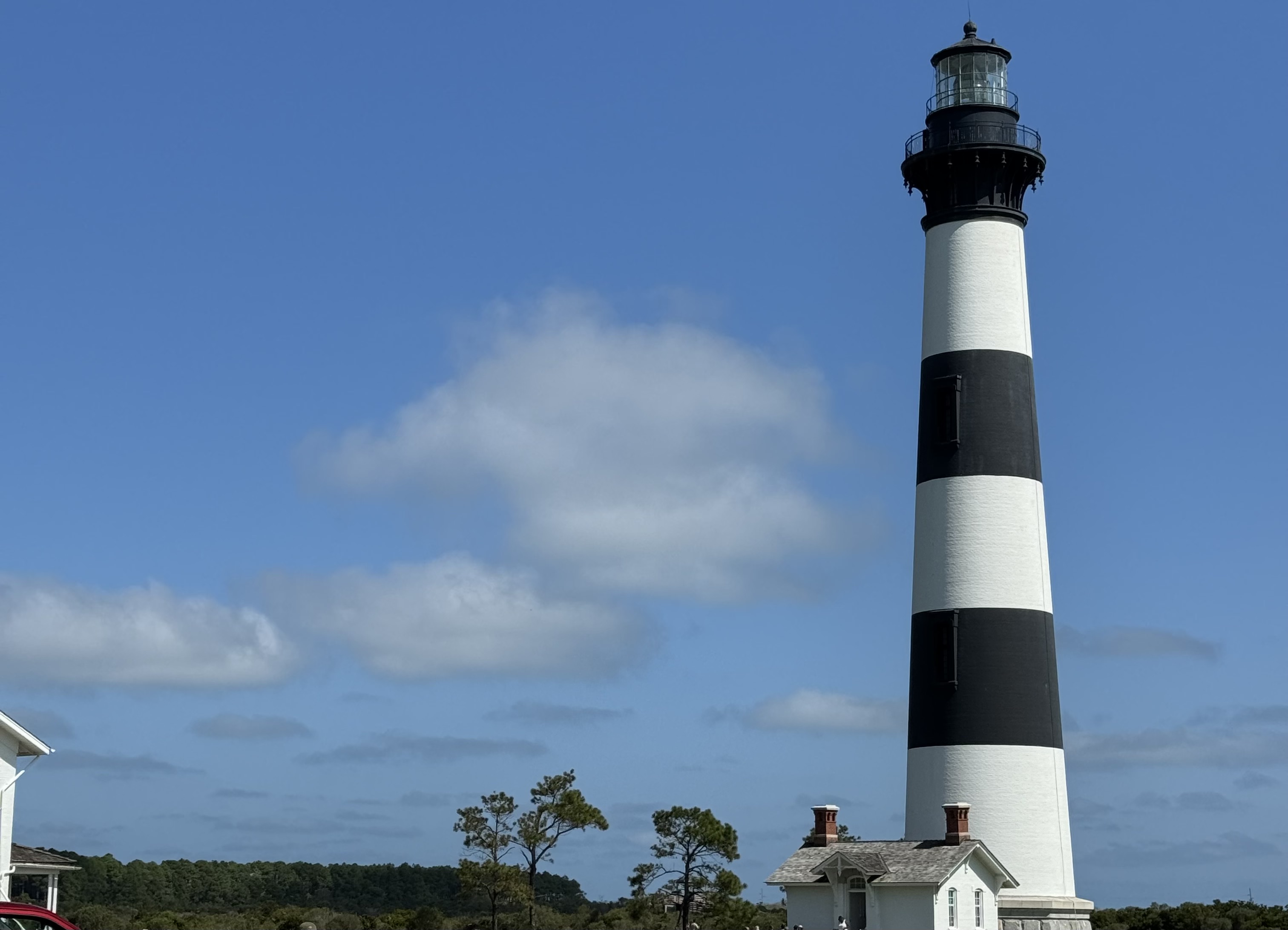
 Kate Taliaferro is an Air Force wife and mother. She is blessed to be able to homeschool, bake bread and fold endless piles of laundry. When not planning a school day, writing a blog post or cooking pasta, Kate can be found curled up with a book or working with some kind of fiber craft. Kate blogs at
Kate Taliaferro is an Air Force wife and mother. She is blessed to be able to homeschool, bake bread and fold endless piles of laundry. When not planning a school day, writing a blog post or cooking pasta, Kate can be found curled up with a book or working with some kind of fiber craft. Kate blogs at 
 Ben Hooper is originally from Maryland, having been adopted from Korea and growing up in the Catholic faith. He went to Franciscan University to dive deeper into his faith and eventually graduated with a degree in Business Management. He loves musical theater, sports, spending time with his fiancé Lily and their dog Kolbe.
Ben Hooper is originally from Maryland, having been adopted from Korea and growing up in the Catholic faith. He went to Franciscan University to dive deeper into his faith and eventually graduated with a degree in Business Management. He loves musical theater, sports, spending time with his fiancé Lily and their dog Kolbe.
 Mike Karpus is a regular guy. He grew up in Michigan’s Upper Peninsula, graduated from Michigan State University and works as an editor. He is married to a Catholic school principal, raised two daughters who became Catholic school teachers at points in their careers, and now relishes his two grandchildren, including the older one who is fascinated with learning about his faith. He also has served on a Catholic school board, a pastoral council and a parish stewardship committee. He currently is a lector at Mass, a Knight of Columbus, Adult Faith Formation Committee member and a board member of the local Habitat for Humanity organization. But mostly he’s a regular guy.
Mike Karpus is a regular guy. He grew up in Michigan’s Upper Peninsula, graduated from Michigan State University and works as an editor. He is married to a Catholic school principal, raised two daughters who became Catholic school teachers at points in their careers, and now relishes his two grandchildren, including the older one who is fascinated with learning about his faith. He also has served on a Catholic school board, a pastoral council and a parish stewardship committee. He currently is a lector at Mass, a Knight of Columbus, Adult Faith Formation Committee member and a board member of the local Habitat for Humanity organization. But mostly he’s a regular guy.
 Hailing from Nashville, Catherine is a graduate of Christendom College with a lifelong passion for words. Her love of writing and her Catholic Faith continue to shape her as a freelance editor, copywriter, and (aspiring) novelist, where she pursues her passions for the love and greater glory of God.
Hailing from Nashville, Catherine is a graduate of Christendom College with a lifelong passion for words. Her love of writing and her Catholic Faith continue to shape her as a freelance editor, copywriter, and (aspiring) novelist, where she pursues her passions for the love and greater glory of God.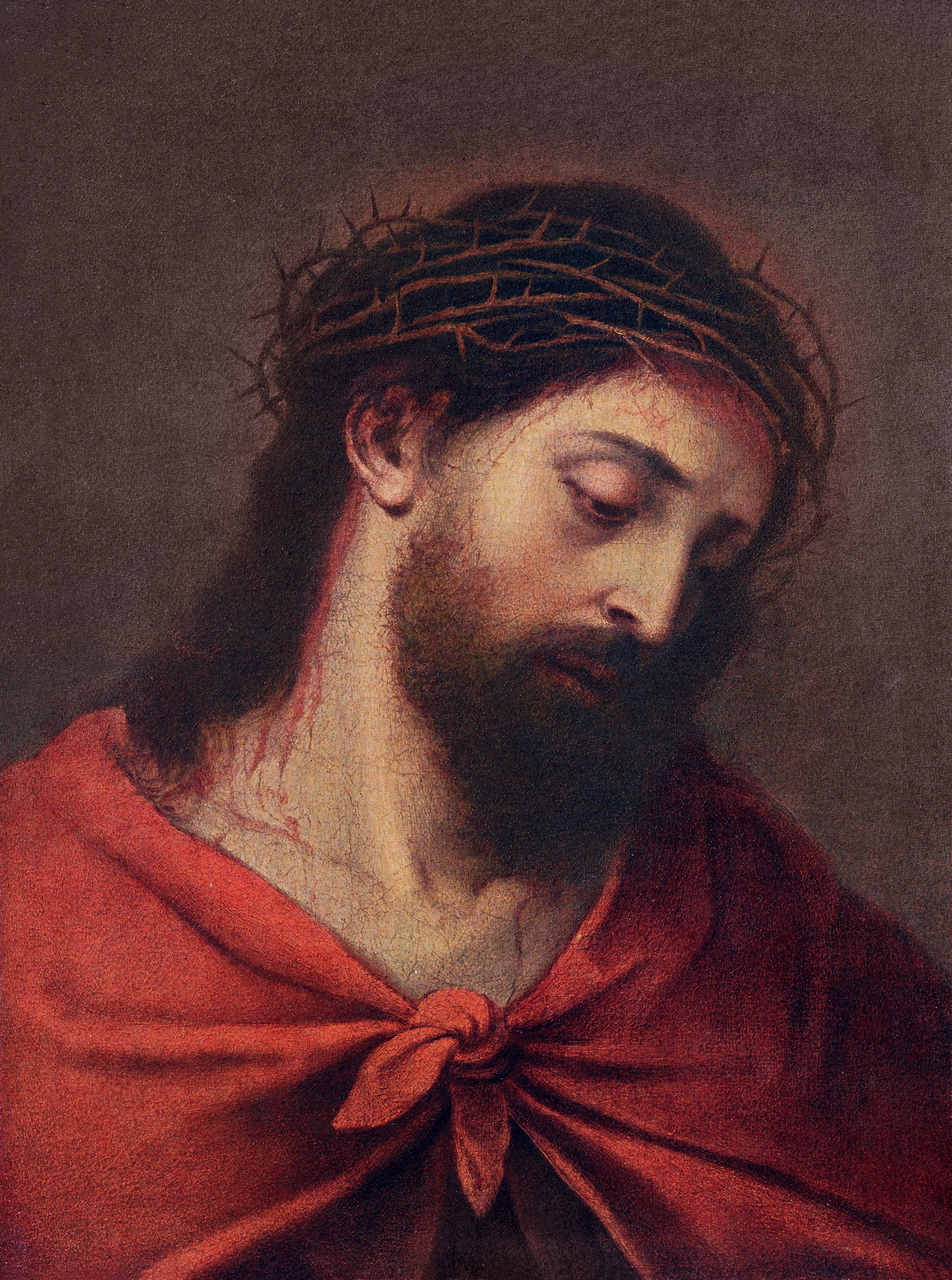
 Colleen Orchanian is a podcaster, blogger, and spiritual director who desires to help others have a more profound encounter with God. She is the author of three books: Nearer My God to Thee, Times of Grace, and Lingering with God. Her podcast is Food for Thought (Spiritually Speaking). You can learn more at
Colleen Orchanian is a podcaster, blogger, and spiritual director who desires to help others have a more profound encounter with God. She is the author of three books: Nearer My God to Thee, Times of Grace, and Lingering with God. Her podcast is Food for Thought (Spiritually Speaking). You can learn more at 
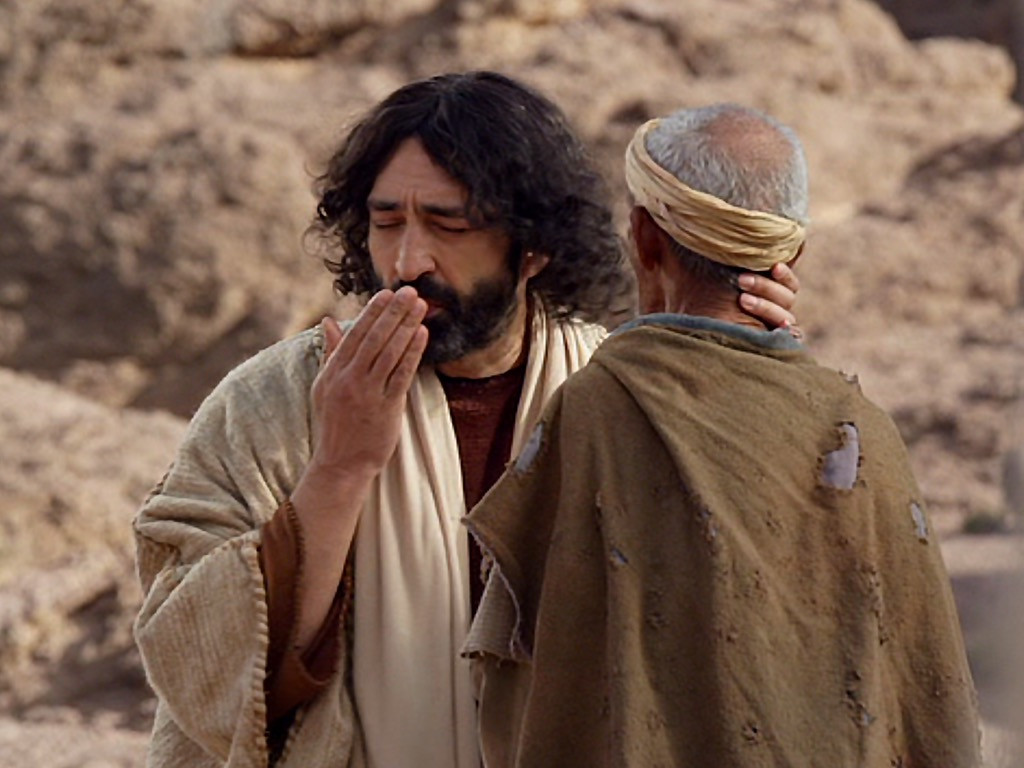


 Lily, age 23, is a Michigan native and cradle Catholic who has spent most of her life exploring her own reasons to embrace her faith fully. She attended Franciscan University of Steubenville, where she discovered the beauty of her personal relationship with Christ and the Church. After college, she worked in Montessori Education for three years and recently transitioned to nannying. She is excitedly preparing for marriage in May 2025 and spends most of her time reading, wedding planning, and enjoying her dog and family!
Lily, age 23, is a Michigan native and cradle Catholic who has spent most of her life exploring her own reasons to embrace her faith fully. She attended Franciscan University of Steubenville, where she discovered the beauty of her personal relationship with Christ and the Church. After college, she worked in Montessori Education for three years and recently transitioned to nannying. She is excitedly preparing for marriage in May 2025 and spends most of her time reading, wedding planning, and enjoying her dog and family!